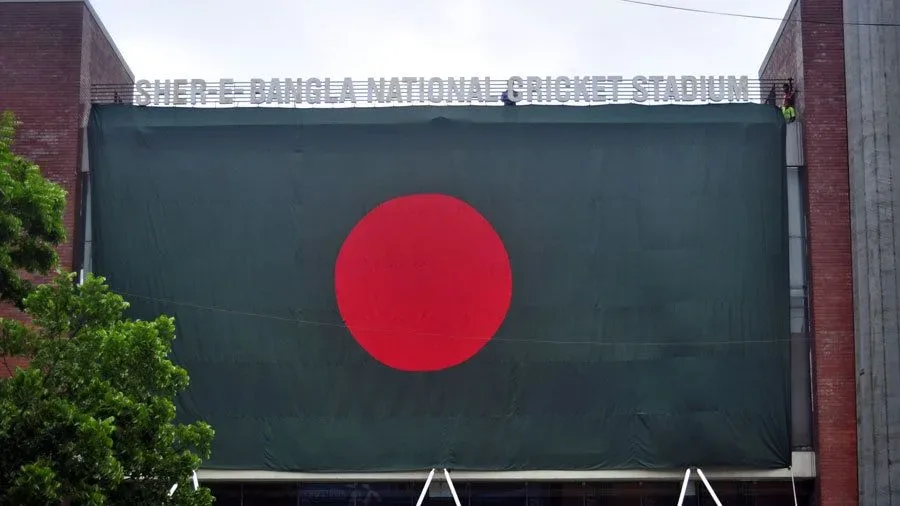ICC Explores Contingency Host Options for Women’s T20 World Cup in Asia as Bangladesh’s Cricket Board Faces Uncertain Future
As Bangladesh prepares to host the upcoming Women’s T20 World Cup in October, the country’s cricket governing body, the BCB, finds itself in a state of flux amidst the nation’s political transition. With the resignation of Prime Minister Sheikh Hasina and the installation of an interim government, the future leadership and structure of the BCB have become the subject of intense speculation within Dhaka’s cricketing circles.
Confronted with this uncertainty, the International Cricket Council (ICC) has confirmed that it is actively considering “contingency host options within the Asian region” for the Women’s T20 World Cup, while assuring that the tournament dates will remain unchanged. This contingency plan underscores the ICC’s commitment to ensuring the smooth and successful delivery of the event, even in the face of potential administrative challenges in Bangladesh.
“The ICC would accept such a transitional body, provided there is no direct government interference and that elections are held at a later stage.”
The BCB’s current leadership, including President Nazmul Hassan and other directors, have been absent from the board’s headquarters since August 5, raising concerns about the organization’s ability to effectively manage the upcoming tournament and other cricket-related affairs. A BCB director, speaking anonymously, acknowledged that very few of his colleagues are expected to attend any upcoming board meetings, with the potential for as few as 5-8 directors out of 24 to be present.
This leadership vacuum has prompted speculation that the interim government may follow a similar path as in 2007, when an ad-hoc committee was appointed to oversee the BCB’s operations. The ICC has indicated that it would accept such a transitional body, provided there is no direct government interference and that elections are held at a later stage. However, the ICC has made it clear that it will not hesitate to investigate any concerns of government interference and take appropriate action, as it recently did with the suspension of Sri Lanka Cricket.
Amidst the uncertainty, the primary focus remains on ensuring the successful hosting of the Women’s T20 World Cup. The BCB’s chief executive, Nizamuddin Chowdhury, is currently in charge, but the organization’s ability to function effectively is hampered by the absence of its board of directors. A BCB director highlighted the main priority is to “get a guideline from the government” on the way forward, with a meeting scheduled between the board and the new sports adviser.
Beyond the immediate concerns surrounding the World Cup, the broader state of Bangladeshi cricket has also come under scrutiny. Prominent figures, such as senior coach Nazmul Abedeen Fahim, have criticized the BCB’s leadership, accusing them of pursuing their own agendas and neglecting the country’s cricket development. Calls for reform and greater transparency within the BCB have gained momentum, with the new government’s mandate for change being seen as an opportunity to address longstanding issues.
As Bangladesh navigates this period of political transition, the ICC’s contingency planning and the uncertain future of the BCB’s leadership have become the central focus, with the successful hosting of the Women’s T20 World Cup and the broader reform of Bangladeshi cricket hanging in the balance.
🔗 Source
